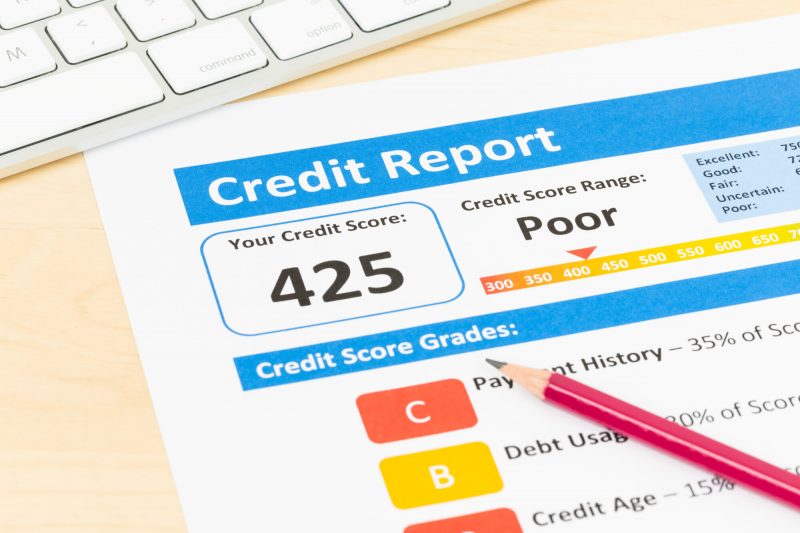Most Americans shoot for a perfect credit score of 800 or higher. Unfortunately, life happens and credit scores often drop.
Research reveals that 34.8% of the adult population loses out on opportunities due to subprime credit scores between 580 and 669. A smaller percentage falls below this.
If your credit score shows anything less than 800, then you want to fix it, as it can make life difficult when trying to get a loan and attempting to make big purchases. Read on to learn five tips on how to fix your credit score.
1. Check Your Credit
If you do not know where you stand, then you cannot fix anything. Check your credit report.
Your score tells you where you stand with things like getting loans. But, your history tells you the ‘why’ behind your score.
Knowing what caused your score to drop will help you devise a plan. In the meantime, keep good credit, or at least do not let it fall any further, by keeping good habits moving forward.
If you went through severe hardship, consider filing a personal statement which will show at the end of your credit report. This allows you the opportunity to explain a low score while you work to repair it.
2. Pay Down Your Balances
Repair credit score by paying off your credit card balances. Do not simply pay the minimum balance. Pay the balance to zero each month for your revolving credit.
This keeps your credit utilization ratio below the maximum of 30%. Any higher, and you risk dropping your score even lower.
Keeping your ratio low means increasing your potential spending. This in turn builds good credit, thus raising your score.
3. Consolidate Credit Card Debt
Do you owe a lot of money on multiple credit cards? Improve credit score by consolidating your debt onto one card.
Take out a personal loan to pay off your cards. Do not close these accounts with a zero balance, as this will lower your score.
Keep them open and make a small purchase each month to keep them active. This will raise your score by helping your credit utilization ratio, while also increasing the amount of time you keep each account, which boosts your score as well.
Make your loan payment on one credit card. Pay that card down each month, and you will see your score go up.
4. Increase Your Credit Limit
As your score raises, apply to increase your credit limit. This also improves your credit utilization ratio.
Do not use this new limit as an opportunity to splurge. Instead, leave yourself with lots of unused spending potential to build up your score.
5. Pay Off Your Debt
Looking for bad credit score advice? Pay off your debts.
Unfortunately, it will not actually fix your credit score itself. Once your account goes into collections, it will not disappear for seven years, even if you pay it off.
But, it will still show up on your report that you paid. So, even though the number will not change, it may improve your score a bit in a lender’s view.
Fix Your Credit Score Now
Begin taking measures to fix your credit score now. Nothing you do will change it overnight.
Even if you do not need something now, it will feel good to know that you can get a loan or anything else if the need arises.
We understand the importance of financial health. Learn more by reading the rest of our blog posts!









